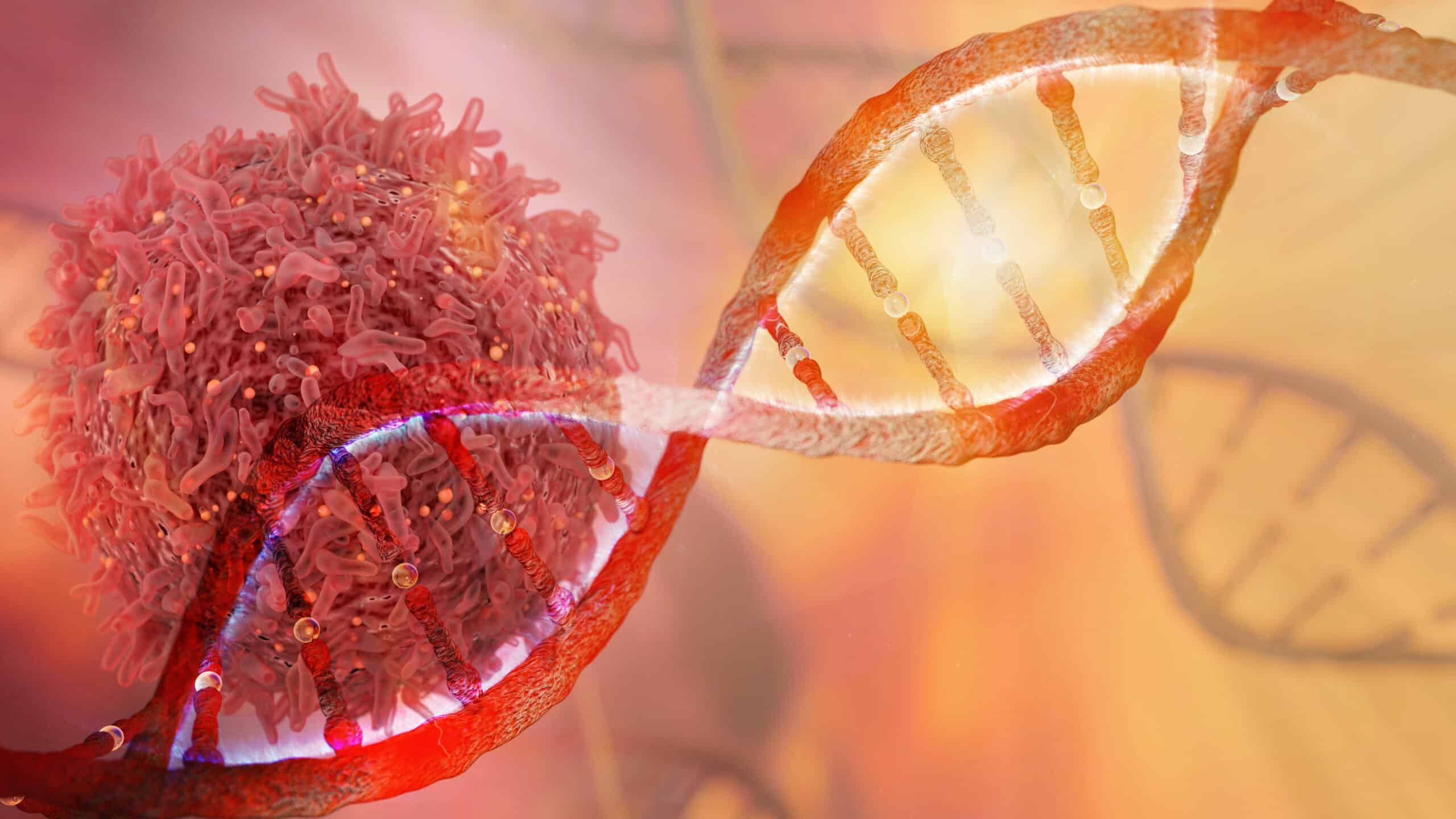One of the trials on hold is a study of vadastuximab talirine monotherapy and combination treatment with hypomethylating agents in newly diagnosed and relapsed acute myeloid leukemia patients. The other affected by the clinical hold is designed to assess vadastuximab talirine combination treatment with standard of care or 7+3 chemotherapy in younger newly diagnosed acute myeloid patients.
Phase I/II trial of vadastuximab talirine monotherapy in pre and post allogeneic transplant AML patients is not being resumed; challenges of developing therapies in this specific setting are cited as reason. This Phase I/II is on full hold, while Phase I trials were on partial clinical hold which only allowed for existing patients to continue treatment with reconsent.
Following the death of four patients in December 2016 clinical hold was put into place; deaths were among 6 patients identified with hepatotoxicity which included several cases of veno-occlusive disease.
Jonathan Drachman M.D, CMO at the company says the hold has been resolved through comprehensive analysis of clinical data from 300+ patients, evaluation by an independent committee, collaborative interaction with the FDA, and protocol amendments; and the company will be implementing additional risk measures in all vadastuximab talirine studies including revised eligibility criteria and stopping rules for VOD.
A new trial of vadastuximab talirine was launched, a Phase II study evaluating it in combination with standard of care 7+3 chemotherapy in younger frontline AML patients.
Two other ongoing trials of vadastuximab talirine not affected by the clinical hold are: Phase III CASCADE trial in older AML patients; and Phase I/II trial in myelodysplastic syndrome.
According to the company ADC is designed to be stable in the bloodstream to release potent cell killing PBD agents upon internalization into CD33 expressing cells: Vadastuximab talirine is a CD33 targeting antibody drug conjugate candidate targeting CD33 that is expressed on most AML and MDS blast cells; CD33 engineered cysteine antibody is stable linked to highly potent DNA binding pyrrolobenzodiazepine dimer via site specific conjugation technology.




